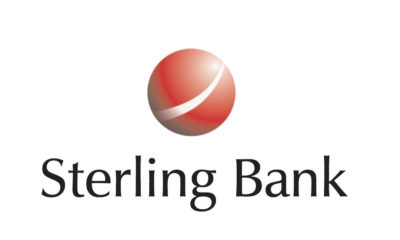First Bank of Nigeria Limited, a subsidiary of FBN Holdings PLC, has announced the appointment of Mr. Olusegun Alebiosu as its Acting Chief Executive Officer (CEO).
This decision comes in the wake of the resignation of Dr. Adesola Adeduntan, who has led the bank for the past nine years.
The appointment, which takes immediate effect, is subject to the approval of the Central Bank of Nigeria (CBN), reflecting the bank’s commitment to regulatory compliance and governance standards.
Mr. Alebiosu, a seasoned banking professional with over three decades of experience, is well-prepared to take on the responsibilities of leading First Bank Nigeria during this transition period.
Having served as the Executive Director and Chief Risk Officer, he played a pivotal role in the transformation and growth of the institution over the past eight years.
His extensive experience spans various aspects of the banking and financial services industry, including credit risk management, financial planning, corporate and commercial banking, and project financing.
Before joining First Bank Nigeria in 2016, Mr. Alebiosu held key positions in renowned financial institutions such as Coronation Merchant Bank Limited and the African Development Bank Group.
Expressing gratitude for Dr. Adeduntan’s exemplary leadership, the Board of Directors acknowledged his significant contributions to the bank’s growth and success during his tenure.
Dr. Adeduntan’s departure marks the end of an era characterized by remarkable achievements and milestones for First Bank Nigeria.
As Acting CEO, Mr. Alebiosu is poised to build upon the bank’s legacy and steer it towards continued growth and profitability. With a strong focus on strategic objectives, he aims to uphold First Bank Nigeria’s reputation as a leading financial institution in Nigeria and beyond.
In his new role, Mr. Alebiosu will work closely with the Board of Directors and management team to ensure seamless operations and uphold the bank’s commitment to delivering exceptional services to its customers.
As the banking industry undergoes rapid transformation and evolving regulatory landscape, First Bank Nigeria remains committed to maintaining its position as a trusted financial partner for individuals and businesses across the country.
With Mr. Alebiosu at the helm, the bank looks forward to a new chapter of innovation, resilience, and sustainable growth.
The appointment of Mr. Olusegun Alebiosu underscores First Bank Nigeria’s commitment to continuity and stability amidst leadership changes, signaling confidence in his ability to lead the bank through its next phase of growth and development.


 Forex3 weeks ago
Forex3 weeks ago


 Naira2 weeks ago
Naira2 weeks ago
 Billionaire Watch2 weeks ago
Billionaire Watch2 weeks ago




 Naira2 weeks ago
Naira2 weeks ago




 Naira2 weeks ago
Naira2 weeks ago




 Naira1 week ago
Naira1 week ago




 Naira4 weeks ago
Naira4 weeks ago




 Naira3 weeks ago
Naira3 weeks ago



















